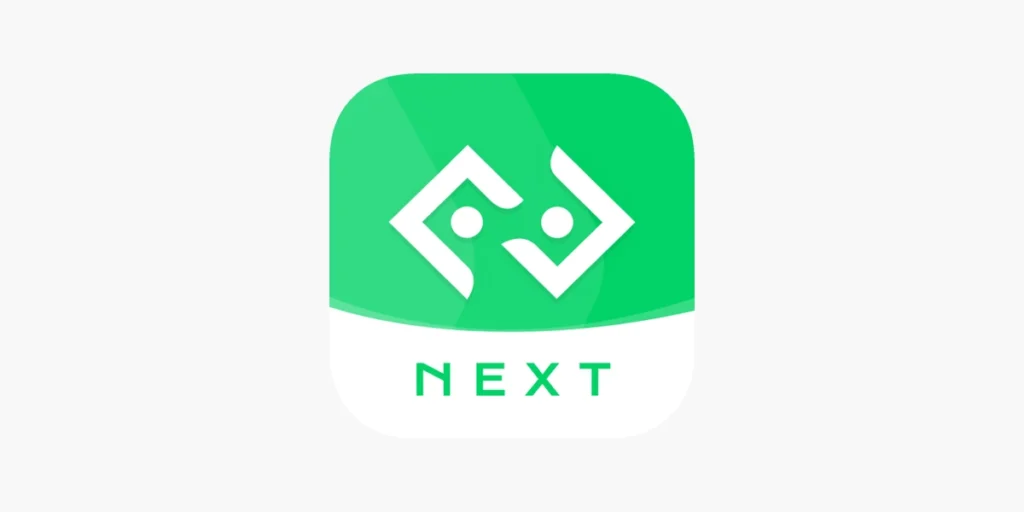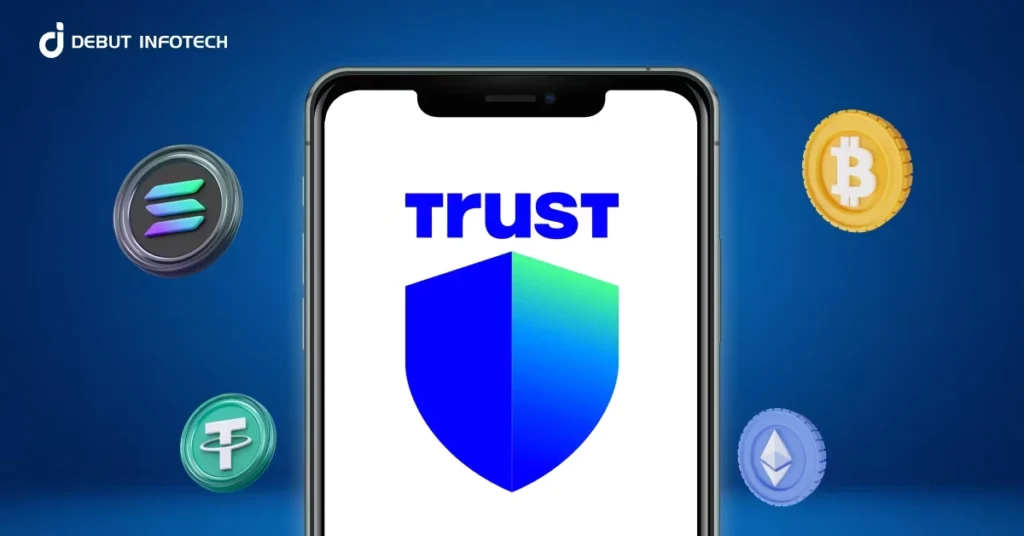If you’ve started exploring crypto in Thailand—whether from your condo in Bangkok or a beachfront café in Phuket—you’ve probably realized that picking the right wallet is a big deal. With so many options out there, it’s easy to get stuck comparing features, reading Reddit threads, or second-guessing your choice.
This guide is here to cut through the clutter and walk you through what really matters when choosing a crypto wallet in 2025—especially for Bitcoin (BTC) and Tether (USDT), two of the most-used digital assets in Thailand today.
Best Crypto Wallet Thailand: Start with What You Need
Every wallet has its own strengths. But before comparing brands or apps, it’s important to get clear on how you plan to use crypto. Are you buying and holding for the long term? Swapping tokens across chains? Sending money internationally? Or just looking for a simple way to store BTC and USDT without stress?
If you’re new to crypto, simplicity and support for Thai baht might matter most. If you’re already trading across different blockchains, you might care more about flexibility and DeFi integration. Once you know your goals, choosing gets easier.

Best Crypto Wallet Thailand: Bitkub NEXT—The Local Favorite
For many Thai users, Bitkub NEXT feels like the natural starting point. It’s designed with Thai-language support, and because it’s connected to Thailand’s largest exchange, Bitkub, it integrates well with local banking systems and the baht. For those who just want to buy some BTC or USDT, move it around, and maybe even use it for payments later, this wallet gets the job done without fuss.
The interface is clean, beginner-friendly, and avoids overwhelming users with too many features. Advanced traders may find it limiting, but for everyday use? It’s hard to beat.

Best Crypto Wallet Thailand: MetaMask—For the Adventurous
MetaMask is a favorite among users who want access to the broader world of Web3. It’s not built specifically for Thailand, and yes—it’s a bit more complex—but it opens the door to DeFi, NFTs, and token swaps across networks like Ethereum and BNB Smart Chain.
One downside? Bitcoin isn’t supported natively. You’ll need to find workarounds or pair it with another wallet. Still, for those who see crypto as more than just trading, MetaMask is a solid choice that gives you room to explore.

Credit from : Medium
Best All-Rounder: Trust Wallet
If you’re looking for something that’s powerful but still easy to use, Trust Wallet sits comfortably in the middle. Backed by Binance, it supports a wide range of coins—including BTC and USDT—and has a mobile-first design that’s perfect for daily use. You get multi-chain support, access to staking features, and a clean interface all in one place.
Trust Wallet is popular in Thailand because it doesn’t overcomplicate things. You can store assets, make swaps, and explore dApps, all from your phone—without needing a full DeFi tutorial to get started.

Credit from : Debut Infotech
Going Offline: Ledger Nano X
Some Thai users—especially those holding large amounts of crypto—are turning to hardware wallets like Ledger Nano X. Unlike mobile apps, this wallet stores your private keys offline, offering maximum protection against hacks and phishing scams.
Of course, it’s not as fast or convenient as a hot wallet, and it comes with a price tag. But for long-term holders of BTC or USDT, the added security often feels worth it. Think of it like a personal vault: a bit slower, but a lot safer.

A Convenient Option: Binance App Wallet
Then there’s Binance’s built-in wallet, which lives inside the main Binance app. While not a traditional self-custodial wallet, it’s incredibly convenient for those who trade often or move between countries. For freelancers, digital nomads, or users who accept crypto payments, the Binance Pay integration also adds real value.
That said, because it’s tied to a centralized exchange, it’s wise to have a backup option just in case. If regulations shift or accounts get frozen, you’ll want to know your funds are still accessible elsewhere.
Making the Right Choice
So, what’s the best crypto wallet Thailand users should go with in 2025? There’s no universal answer. It depends on your comfort level, how often you transact, and how much control you want over your assets.
For casual users or those just getting started, Bitkub NEXT is simple and locally supported. If you’re ready to dive deeper into decentralized apps and multi-chain assets, MetaMask and Trust Wallet both offer powerful tools. Ledger Nano X is a reliable choice for long-term, offline storage. And if you’re already using Binance for trading, the in-app wallet may be all you need.
Whichever you pick, just make sure you stay safe. Write down your seed phrase, don’t share it with anyone, and take a moment to double-check before making transactions.
Because at the end of the day, the best crypto wallet is the one that fits your habits—and helps you sleep better at night.




